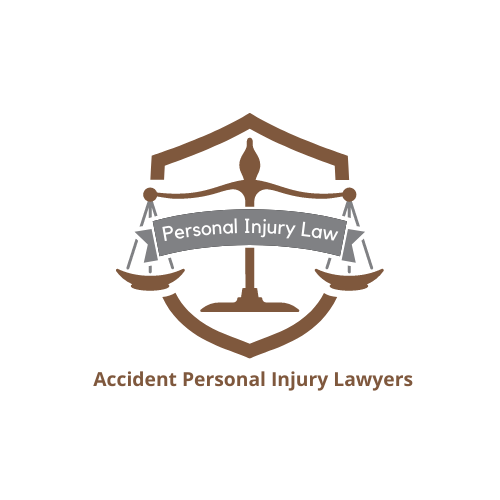The Colorado Supreme Court recently decided to review a 2010 Colorado Court of Appeals decision involving the collateral source rule. The central issue is whether a Colorado personal injury defendant can introduce evidence of the actual amount a health provider received for a plaintiff\’s injuries.
Under common law, compensation or indemnity paid to an injured party by a collateral source (that is, not the alleged wrongdoer in the lawsuit) does not reduce the damages that could otherwise be recovered from the wrongdoer. In Crossgrove v. Wal-Mart Stores, Inc., a delivery driver who was unloading at a Wal-Mart truck bay suffered injuries when a manual overhead door struck him in the head. He sued the retail giant, seeking $240,000, the amount he was billed for medical services, as well as nearly $100,000 in lost wages.
Wal-Mart\’s attorneys sought to introduce evidence that plaintiff Larry Crossgrove\’s medical insurance paid only $40,000 to his medical providers, and the trial court denied Crossgrove\’s motion to suppress this evidence despite the clear guidance of the collateral source rule. The jury ultimately awarded $50,000 for economic losses. After the trial court further reduced the damages he had sought based on the $40,000 figure and contributory negligence, the plaintiff appealed the decision.
Appellate Court Reverses Trial Court\’s Evidence Decision
The Colorado Court of Appeals reviewed the decision, citing an established common law principle that recognized and defended the potential benefit to plaintiffs created by the collateral source rule: \”To the extent that either party received a windfall, it was considered more just that the benefit be realized by the plaintiff in the form of double recovery than by the tortfeasor in the form of reduced liability.\”
The three-judge appellate panel also explained how the discounted rate paid by insurance companies to health care providers is loaded with factors that are not relevant to the reasonable value of the services performed. Hospitals and clinics will accept significantly less from insurers due to expedited payments, avoidance of collection expenses and the advantages of providing access to a large group of patients.
The court concluded that the discount granted by a medical provider is a third-party payment that cannot be disclosed to juries due to its potential to confuse damages assessments. Based on that conclusion, the judgment of the trial court was vacated and the case was remanded for a new trial on the amount of damages.
One legal commentator framed the issue another way: the point of legal damages for a negligence claim is to evaluate the reasonable value of the harm caused by the defendant. A plaintiff\’s good sense to have insurance coverage is irrelevant to the jury\’s deliberations.
Wal-Mart Appeals to the Colorado Supreme Court
The Colorado Supreme Court has agreed to review the case during its 2011 term. If a recent 4-3 decision by the court is any indication, the plaintiff\’s first appellate win may be secure. In Volunteers of America v. Gardenswartz, published in late 2010, the state\’s highest court held that an injured invitee could recover damages for the full amount of medical expenses, rather than only the discounted amount paid by a third-party insurance company. As the court pointed out in that case, the collateral source rule prevents defendants from standing in a plaintiff\’s shoes and enjoying the plaintiff\’s insurance company\’s discounts.
But one issue that may interest the state\’s highest court is the distinction between the common law and statutory rules of collateral damages. The common law provision excludes evidence from a jury\’s consideration, while the statutory rule, Colorado Revised Statutes Section 13-21-111.6, allows the trial court to reduce damages post-trial based on indemnification or other contributions.
What Should Personal Injury Victims and Wrongful Death Survivors Know About Damages?
Obviously, the issues presented in such cases contain the finest shades of meaning, and the value of experienced trial counsel to protect plaintiffs from adverse trial rulings is hard to overstate. A Colorado personal injury lawyer must stay informed about the latest legal developments and be prepared to act quickly when defense lawyers deploy complex strategies in an attempt to overwhelm established legal doctrine.
Most personal injury cases involve issues of medical expenses, and many require long-term estimates for future medical care. By enlisting experienced and dedicated legal counsel following a car accident, truck accident, motorcycle accident, construction accident or any incident that results in catastrophic harm such as a brain injury, your interests and rights will be protected however long the legal process takes.
